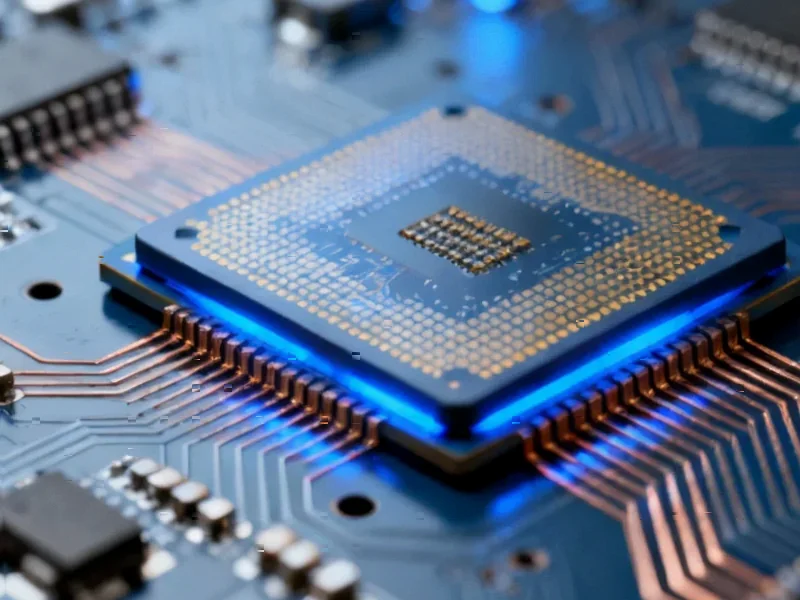According to Wccftech, President Trump has explicitly blocked NVIDIA’s Blackwell AI chips from export to China during a CBS News interview, declaring that the U.S. will not allow other nations access to “high-end” AI chips. The president specifically mentioned not approving Blackwell exports, maintaining the deadlock in NVIDIA’s China market access despite recent trade developments. NVIDIA CEO Jensen Huang has previously stated that China revenue has dropped to zero for his company, with any potential breakthrough now considered merely a “bonus.” Before export controls were implemented, China accounted for a massive share of NVIDIA’s revenue, with the company now missing out on “tens of billions” in potential Chinese AI market revenue while being limited to offering its less competitive Hopper H20 chip in the region.
The Geopolitical Chess Game Intensifies
This decision represents a significant escalation in the U.S.-China technology cold war, moving beyond generalized export controls to specific product-level prohibitions. By naming Blackwell explicitly, the administration signals a more targeted approach to maintaining American AI supremacy. The timing is particularly noteworthy given recent diplomatic breakthroughs, suggesting that AI chip technology has become a non-negotiable element of national security policy regardless of broader trade relations. This creates a challenging environment for multinational tech companies attempting to navigate between superpower interests.
NVIDIA’s Strategic Dilemma Deepens
For NVIDIA, the Blackwell blockade compounds an already critical strategic challenge. The company faces the paradox of being both a national champion in AI development and a global business needing international markets. With China previously representing approximately 20% of NVIDIA’s data center revenue, the cumulative impact of successive export restrictions is creating permanent market displacement. NVIDIA must now accelerate alternative market development in regions like India, Southeast Asia, and the Middle East while potentially accepting that the world’s second-largest economy may remain inaccessible for its most advanced products indefinitely.
China’s Forced Innovation Acceleration
The continued restrictions will likely accelerate China’s domestic AI chip development initiatives, with companies like Huawei and Alibaba receiving increased government support and market access. While Chinese firms currently lag in cutting-edge AI chip performance, extended market isolation could foster rapid innovation through necessity. Historical precedent shows that targeted technology embargoes often stimulate domestic capability development, as seen in China’s space and semiconductor industries. The long-term risk for NVIDIA isn’t merely lost current revenue but potentially creating future competitors who mature in a protected domestic market.
Global AI Ecosystem Fragmentation
We’re witnessing the early stages of AI ecosystem bifurcation, where separate technology stacks develop along geopolitical lines. This fragmentation affects not just chip manufacturers but the entire AI value chain—from cloud providers and software developers to end-user enterprises. Companies operating globally now face the complexity of managing dual AI infrastructures, while startups must choose which ecosystem to prioritize. The Blackwell ban reinforces this division, potentially creating permanent architectural differences between Western and Chinese AI systems that could complicate future interoperability and standards development.
Shifting Investment and R&D Priorities
The sustained China restrictions are forcing venture capital and corporate R&D to recalibrate their AI investment theses. Capital is increasingly flowing toward companies developing “export-proof” AI solutions or focusing on regional markets less susceptible to geopolitical tensions. Meanwhile, NVIDIA itself may need to reconsider its product roadmap, potentially developing specialized architectures for different geopolitical blocs or investing more heavily in software and services that face fewer export barriers. The era of globally uniform AI technology deployment appears to be ending, replaced by a more fragmented, regionally-specific approach to innovation.




